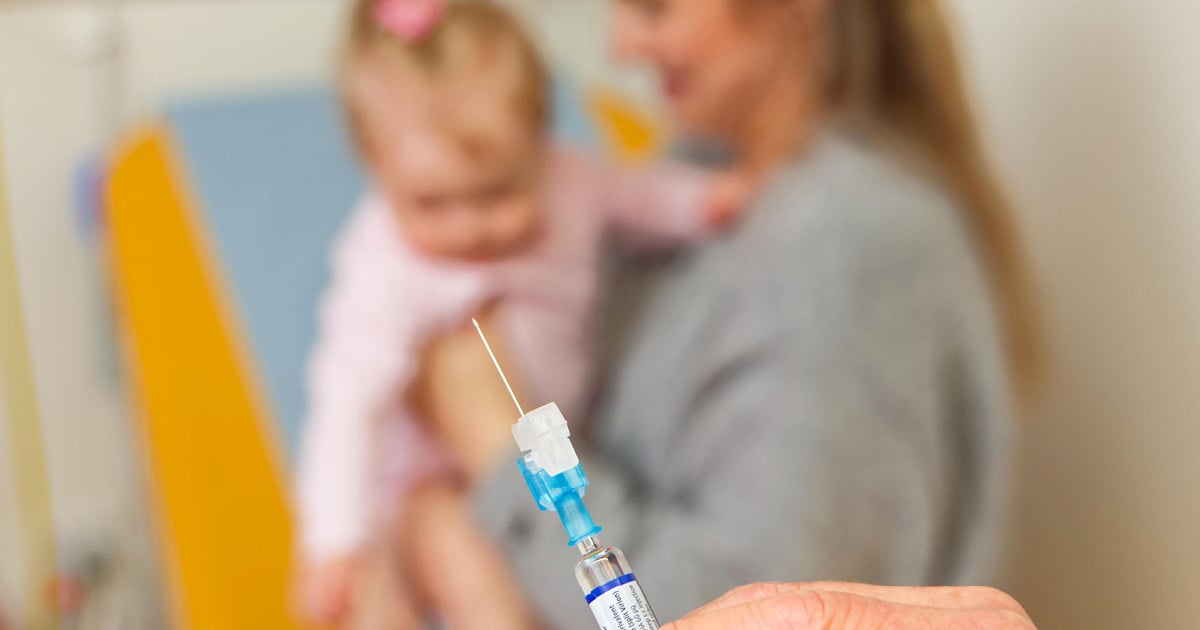Search
Showing results for "aboriginal respiratory"

As a leading research site in Australia, the Wesfarmers Centre of Vaccines and Infectious Diseases played an instrumental role in the global effort to develop a world-first RSV immunisation for young babies.
Research
Assessing the protective effect of influenza vaccine against laboratory confirmed influenza in hospitalised children aged 6-59 monthsInfluenza vaccine was offered to all children aged 6-59 months resident in Western Australia in 2008, and we wished to evaluate the effectiveness of this immunisation programme.
Research
Socio-economic inequality underpins inequity in influenza vaccination uptake between public and private secondary schools: an Australian population-based studySocio-economic inequality and vaccination inequity have long been critical issues. However, no studies have explored the gap in influenza vaccination uptake between public and private schools. Importantly, the extent to which socio-economic inequality translates into vaccination uptake inequity has not been quantified.
Research
Infant Whole-Cell Versus Acellular Pertussis Vaccination in 1997 to 1999 and Risk of Childhood Hospitalization for Food-Induced Anaphylaxis: Linked Administrative Databases Cohort StudyEvidence suggests that children who had received an initial priming dose of whole-cell pertussis (wP) vaccine, rather than acellular pertussis (aP) vaccine, had a lower risk of developing IgE-mediated food allergy, the most common cause of anaphylaxis-related hospital presentations of childhood.
Research
Association between pertussis vaccination in infancy and childhood asthma: A population-based record linkage cohort studyAsthma is among the commonest noncommunicable diseases of childhood and often occurs with other atopic comorbidities. A previous case-control study found evidence that compared to children who received acellular pertussis (aP) vaccines in early infancy, children who received one or more doses of whole-cell pertussis (wP) vaccine had lower risk of developing IgE-mediated food allergy. We hypothesized that wP vaccination in early infancy might protect against atopic asthma in childhood.
Research
Standardization of epidemiological surveillance of rheumatic heart diseaseRheumatic heart disease (RHD) is a long-term sequela of acute rheumatic fever (ARF), which classically begins after an untreated or undertreated infection caused by Streptococcus pyogenes (Strep A). RHD develops after the heart valves are permanently damaged due to ARF.
Research
Spatiotemporal patterns of influenza in Western AustraliaUnderstanding the geospatial distribution of influenza infection and the risk factors associated with infection clustering can inform targeted preventive interventions. We conducted a geospatial analysis to investigate the spatial patterns and identify drivers of medically attended influenza infection across all age groups in Western Australia.
Research
Genetic and functional evidence for a locus controlling otitis media at chromosome 10q26.3Otitis media (OM) is a common childhood disease characterised by middle ear effusion and inflammation.
Research
Urinary tract infections in children: building a causal model-based decision support tool for diagnosis with domain knowledge and prospective dataDiagnosing urinary tract infections (UTIs) in children in the emergency department (ED) is challenging due to the variable clinical presentations and difficulties in obtaining a urine sample free from contamination.

News & Events
Co-ordinated approach urgently required to slow progression of antibiotic resistanceAboriginal mum and child
